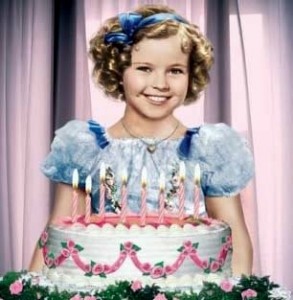Fifth Reading Journal Prompt: Arthur, William, and Agency
 Returning to the notes you took while watching “Hoop Dreams,” use textual evidence (instances from the movie) to answer the following set of questions:
Returning to the notes you took while watching “Hoop Dreams,” use textual evidence (instances from the movie) to answer the following set of questions:
To what degree does the filmmaker (Steve James) portray his subjects as having agency? In other words, when and in what ways do Arthur and William make choices that change their own futures? When and in what ways are Arthur and William depicted as being at the mercy of larger forces outside of their own control?
Why do you think James chose to depict the role of individual agency in his movie in the way that he did?
You can choose to address these questions across the whole movie (by arguing for James’ overall approach), or you can select an individual incident that you find particularly telling and analyze that incident in depth.




